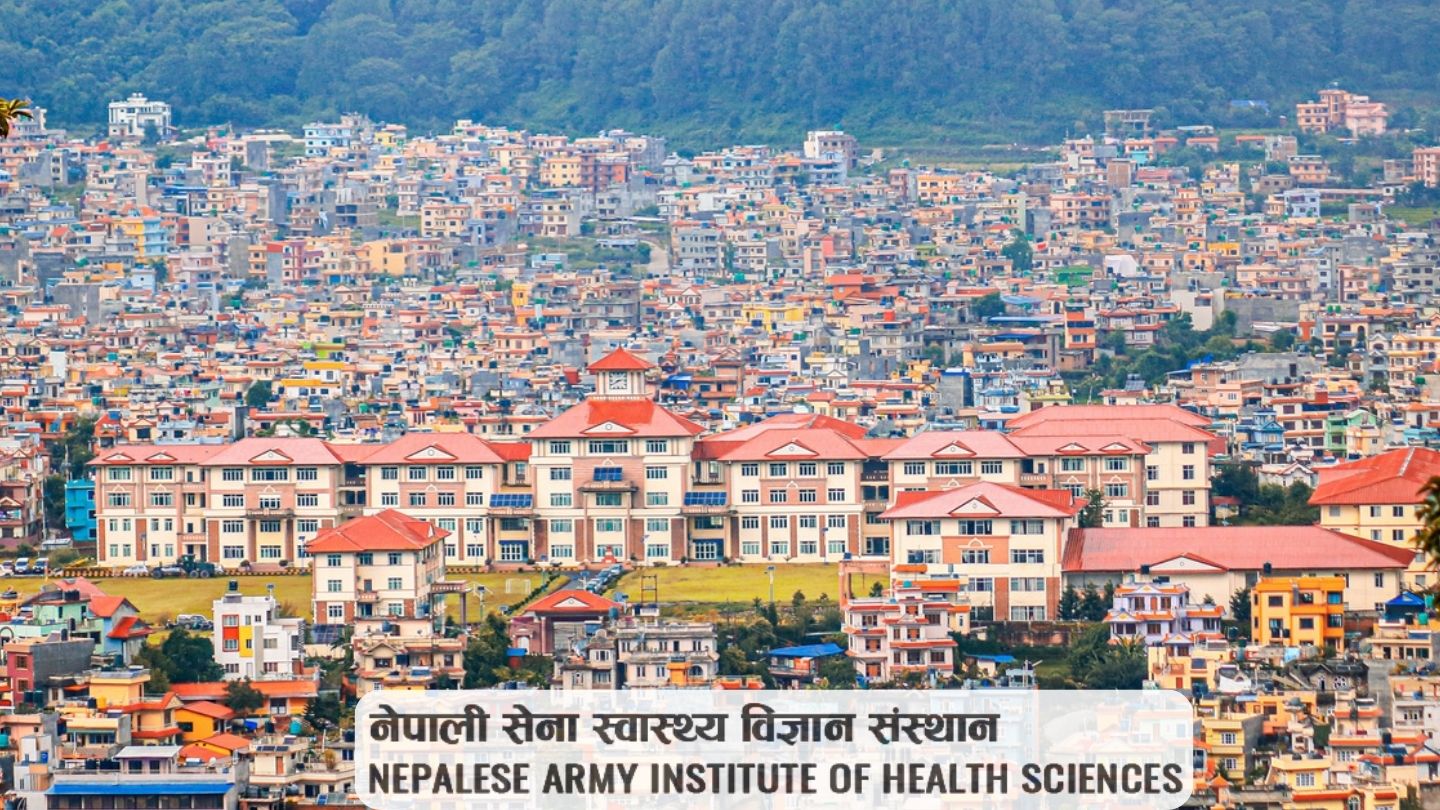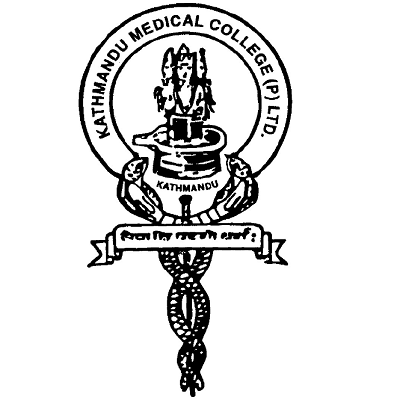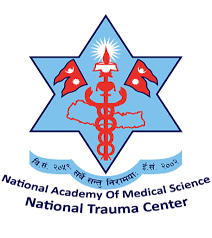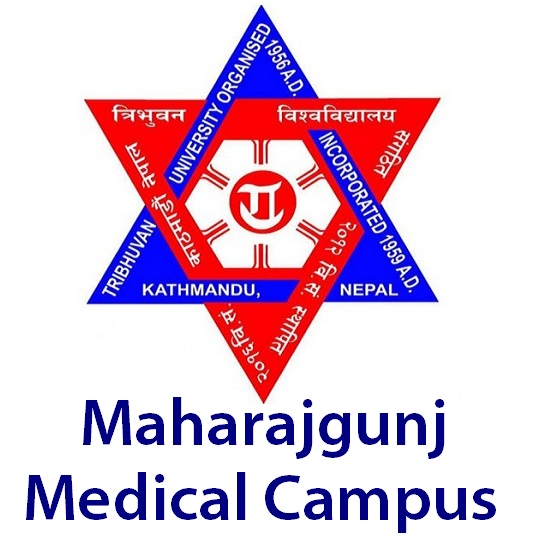Overview
MS in General Surgery at Nepalese Army Institute of Health Sciences (NAIHS) College of Medicine
Master of Surgery (MS) in General Surgery at Nepalese Army Institute of Health Sciences (NAIHS) College of Medicine is a three-year postgraduate residency program under the Institute of Medicine (IOM), Tribhuvan University, and is recognized by the Nepal Medical Council.
The program is based in Chauni, Kathmandu, where NAIHS College of Medicine is academically integrated with Shree Birendra Hospital, a 635-bed tertiary-level teaching and referral hospital of the Nepal Army.
For you as a prospective resident, this course means full-time clinical training in a disciplined academic environment, exposure to a broad spectrum of surgical cases, and structured academic work guided by the IOM postgraduate curriculum.
The program intake, according to the recent internal fee and seat structure you shared, includes 4 residency seats in MS General Surgery at NAIHS, with a tuition fee of about NPR 2,381,760 for the full course (other university and regulatory charges may apply).
Key Highlights of the Program
-
Degree awarded: Master of Surgery (MS) in General Surgery
-
Affiliation: Institute of Medicine, Tribhuvan University
-
Regulatory recognition: Nepal Medical Council (NMC)
-
Duration: 3 years, full-time residency
-
Intake at NAIHS: 4 seats in MS General Surgery (as per the latest internal structure shared)
-
Teaching hospital: Shree Birendra Hospital, 635-bed tertiary teaching and referral hospital of the Nepal Army in Chauni, Kathmandu
-
Academic structure: IOM MD/MS curriculum with clinical postings, academic sessions, and a mandatory research thesis
-
Target candidates: Medical graduates (MBBS or equivalent) with NMC registration who qualify through the Medical Education Commission (MEC) MD/MS common entrance examination (MECEE-PG)
Curriculum Structure and Training Areas
The MS General Surgery program at NAIHS follows the IOM postgraduate framework for MD/MS programs.
Residents progress through staged responsibility over three years:
Junior residency (Year 1)
-
Orientation to general surgical wards, outpatient clinics, emergency services, and operation theatres
-
Rotations through anesthesiology and intensive care for peri-operative care exposure
-
Focus on pre-operative assessment, basic surgical procedures, wound care, and postoperative monitoring
Intermediate residency (Year 2)
-
Deeper involvement in major operations under supervision
-
Rotations across sub-units of surgery, which typically include gastrointestinal, hepatobiliary, colorectal, breast, endocrine, trauma, vascular, and onco-surgery services, as structured by IOM and NAIHS
-
Exposure to multidisciplinary meetings with radiology, pathology, and internal medicine to build sound clinical judgement
Senior residency (Year 3)
-
Leading ward rounds, supervising junior residents and interns
-
Taking primary responsibility for case work-up, operative planning, and postoperative care under consultant guidance
-
Completing a research thesis and presenting seminars, journal clubs, and case discussions in line with University examination requirements
Core Clinical Rotations
Residents in MS General Surgery at NAIHS usually rotate through:
-
General surgical wards and emergency units
-
Operation theatres for elective and emergency surgeries
-
Trauma and acute care services at Shree Birendra Hospital
-
Surgical intensive care and high-dependency units
-
Related specialties such as orthopaedics, urology, neurosurgery, otorhinolaryngology, and obstetrics and gynaecology (short postings as per IOM guidelines)
Academic Components and Research
The curriculum combines clinical work with academic learning:
-
Weekly seminars, topic presentations, and case discussions
-
Journal clubs focusing on recent surgical literature
-
Mortality and morbidity meetings to review complex cases
-
Participation in institutional research and completion of a thesis submitted to Tribhuvan University for degree completion
Program Objectives
The MS General Surgery program at NAIHS aims to:
-
Prepare surgeons who can diagnose and manage common and complex surgical conditions safely and independently
-
Build strong clinical reasoning for emergency and elective surgical care
-
Develop ethical practice grounded in patient safety, informed consent, and professional conduct
-
Strengthen abilities in peri-operative care, including pre-operative optimization and postoperative management
-
Nurture skills in research, audit, and academic writing so that graduates can contribute to surgical education and clinical research in Nepal
Scope of MS General Surgery in Nepal
After MS General Surgery, graduates normally work in:
-
District and provincial hospitals where general surgeons provide broad surgical services
-
Tertiary hospitals and medical colleges as consultants and academic faculty
-
Army medical services and other uniformed services where trauma and emergency surgery are common
-
Health science academies and teaching hospitals that require postgraduate-trained surgeons
Graduates may later pursue super-specialty training (DM/MCh) in areas such as urology, surgical gastroenterology, cardiothoracic surgery, neurosurgery, or plastic surgery, according to national availability and entrance criteria.
Learning Outcomes for Graduates
On completion of MS General Surgery at NAIHS, a resident should be able to:
-
Take a thorough surgical history and perform focused physical examinations
-
Formulate differential diagnoses and rational investigation plans for surgical patients
-
Plan and execute common elective and emergency general surgical procedures independently, within the scope defined by the program
-
Recognize and manage peri-operative complications, escalating care in a timely manner
-
Interpret radiological and laboratory investigations relevant to surgical practice
-
Lead ward teams, coordinate with anaesthesiology, radiology, intensive care, and other specialties
-
Communicate clearly with patients and families about diagnosis, treatment options, risks, and follow-up
-
Plan and conduct a research project, analyze results, and present findings in academic forums
Skill Development and Practical Exposure
The training environment at NAIHS and Shree Birendra Hospital gives residents multi-layered practical exposure:
Operative skills
-
Stepwise progression from assisting in minor procedures to performing major operations under supervision
-
Familiarity with surgical instruments, energy devices, stapling systems, and safe tissue handling
Emergency and trauma care
-
Initial assessment and resuscitation of trauma patients
-
Decision-making for emergency laparotomy, bowel obstruction, perforation, and other acute conditions
Peri-operative and critical care skills
-
Fluid and electrolyte management
-
Postoperative pain control, infection prevention, and wound care
-
Collaboration with intensive care teams in complex cases
Communication and leadership
-
Leading rounds, handing over cases, and coordinating multidisciplinary care
-
Teaching medical students and interns during ward and OT postings
Teaching Methodology and Learning Environment
NAIHS College of Medicine follows integrated teaching-learning methods across basic and clinical sciences, with clear links between theory and bedside practice.
Key approaches in MS General Surgery include:
-
Bedside teaching in wards and outpatient clinics
-
Structured OT teaching: case briefing, intra-operative discussion, and postoperative review
-
Seminars, journal clubs, and case presentations scheduled by the department
-
Problem-based discussions and correlation sessions with pathology, radiology, and other disciplines
-
Regular internal assessments, logbook review, and feedback to track progress
The military setting adds a strong culture of discipline, punctuality, and teamwork, which many residents find helpful as preparation for leadership roles in surgery.
Admission Requirements and Selection Process
Admission to MS General Surgery at NAIHS follows national regulations of the Medical Education Commission (MEC) and Tribhuvan University:
-
MBBS or equivalent from an institution recognized by the Government of Nepal
-
Valid registration with Nepal Medical Council (NMC)
-
Completion of a one-year rotating internship
-
Qualification in the MEC postgraduate common entrance examination (MECEE-PG) for MD/MS, with at least 50% marks to be on the merit list
-
Seat allocation and matching to NAIHS as per MEC seat distribution notices and institutional rules
Prospective residents should check the latest MEC and NAIHS notices for any updates in eligibility, documentation, and deadlines, as these are subject to change.
Career Opportunities after MS General Surgery
After completing MS General Surgery at NAIHS, graduates may:
-
Work as general surgeons in government, army, or private hospitals inside Nepal
-
Join medical colleges and academies as consultants with teaching responsibilities
-
Serve in remote or underserved districts where a general surgeon plays a central role in emergency and elective surgical care
-
Pursue higher training (DM/MCh) in sub-specialties based on national entrance policies
Some graduates may also engage in clinical research, quality improvement projects, or public health initiatives related to injury, cancer, or non-communicable diseases.
Scholarships and Financial Aid
For MS General Surgery and other MD/MS programs, scholarships and paying seats are governed nationally by the Medical Education Commission. MEC publishes the yearly distribution of scholarship and paying seats among universities and affiliated colleges, including NAIHS.
Key points for you to keep in mind:
-
Scholarship seats are filled strictly through MECEE-PG merit and category-wise provisions set by MEC.
-
Paying seats follow the same entrance process but require full payment of tuition and institutional charges.
-
For NAIHS, some seats may be reserved for Nepal Army medical officers or other priority groups under government and institutional policy; such provisions are outlined in official notices.
From the latest structure you provided, the tuition fee for MS General Surgery at NAIHS is around NPR 2,381,760 for the full program, excluding university examination fees and other regulatory charges. Candidates should confirm the exact fee and any installment plan directly from NAIHS or MEC notices for the current academic year.
Why Choose MS General Surgery at NAIHS College of Medicine?
For a student aiming to train as a general surgeon in Nepal, NAIHS offers several academically grounded advantages:
-
Strong clinical exposure at a large army teaching hospital managing trauma, emergencies, and complex elective cases
-
Academic integration with other MD/MS and super-specialty programs, which creates a postgraduate-rich learning environment
-
Structured discipline and professionalism drawn from the Nepal Army context, which many students find helpful for building consistent work habits
-
Research and academic activities linked to IOM and NAIHS priorities, allowing residents to contribute to local clinical evidence
These features make the course suitable for students who want solid, practice-oriented surgical training in a setting that combines university standards with a military teaching hospital environment.
Conclusion
MS General Surgery at NAIHS College of Medicine is a three-year residency program that blends intensive clinical work, academic learning, and research in line with IOM and national regulatory frameworks.
If you plan to build a career as a general surgeon in Nepal—whether in an army hospital, government facility, or teaching institution—this course offers a clear, structured pathway based on recognized standards of postgraduate medical education.
Always verify the latest eligibility rules, seat distribution, and fee structure through MEC, NMC, Tribhuvan University, and NAIHS before making your final decision.
Frequently Asked Questions (FAQ)
What is the duration of MS General Surgery at NAIHS?
The program runs for three years as a full-time residency under the MD/MS framework of the Institute of Medicine, Tribhuvan University.
How many seats are available for MS General Surgery at NAIHS?
Based on the latest internal seat structure you shared, NAIHS offers 4 seats in MS General Surgery. Final seat confirmation each year is made through MEC’s official seat distribution notice.
What are the basic eligibility criteria for admission?
You need an MBBS or equivalent degree from a recognized institution, valid NMC registration, completion of a one-year rotating internship, and a qualifying score in the MECEE-PG entrance examination conducted by MEC.
Where does the clinical training take place?
Clinical training occurs mainly at Shree Birendra Hospital in Chauni, Kathmandu, the 635-bed tertiary teaching and referral hospital of the Nepal Army, which serves as the teaching hospital for NAIHS.
Is the MS General Surgery degree from NAIHS recognized in Nepal?
Yes. The program is run under Tribhuvan University’s Institute of Medicine and is recognized by the Nepal Medical Council.
Can graduates pursue further super-specialty training?
Graduates who meet relevant entrance and institutional criteria may apply for DM/MCh super-specialty programs in Nepal or abroad, including fields such as urology, surgical gastroenterology, neurosurgery, and others.





















